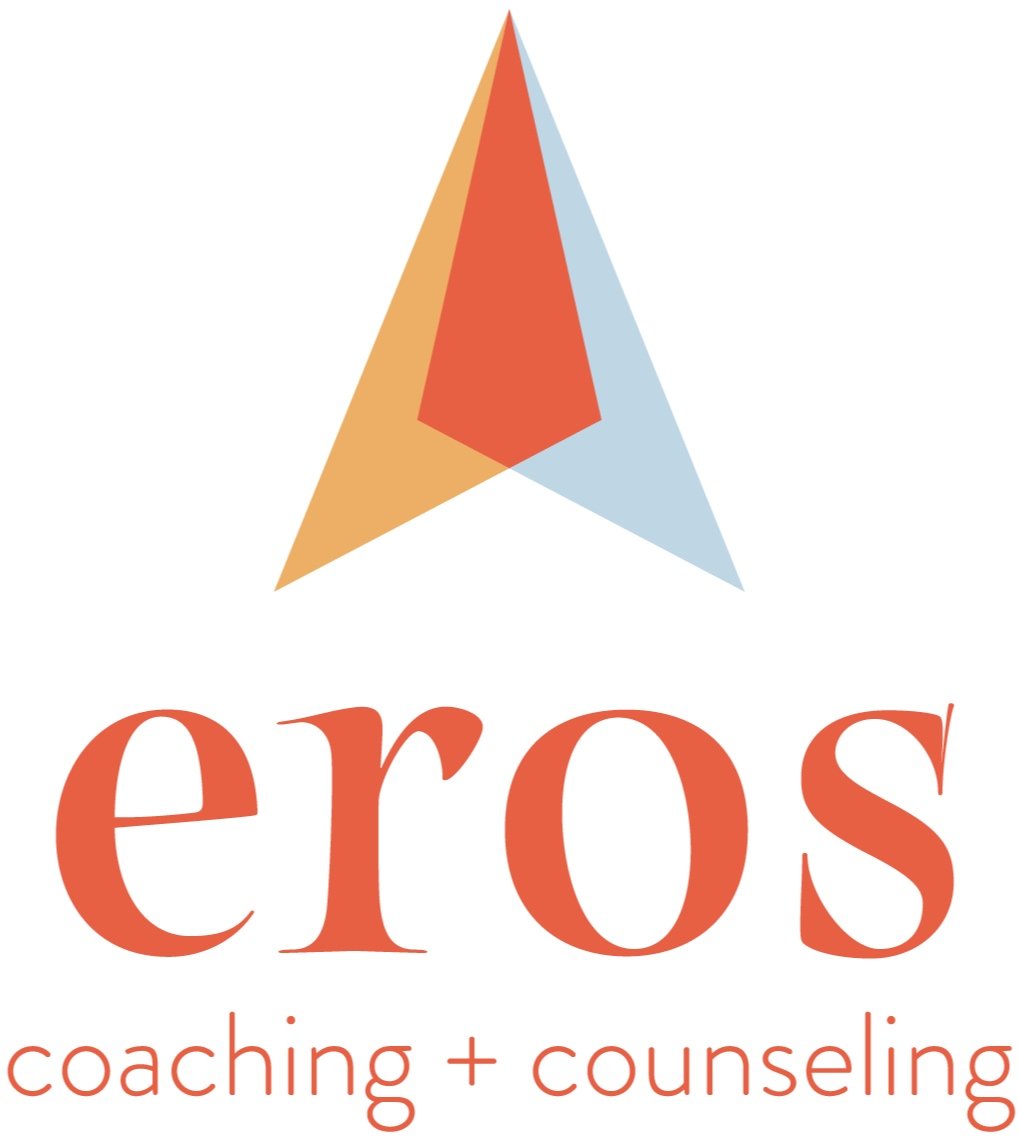
EMDR and cpt
EYE MOVEMENT DESENSITIZATION AND REPROCESSING
cognitive processing therapy
TREATING TRAUMA AND ANXIETY
“The wound is the place where the Light enters you.”
— Rumi
HEAL TRAUMA AND FIND INNER PEACE WITH EMDR and CPT
Life can be filled with unexpected challenges, and sometimes, traumatic experiences can leave a lasting impact on our well-being. Whether you've faced a distressing event, are struggling with PTSD, or dealing with overwhelming anxiety, both EMDR and CPT therapy offer a path to healing.
EXPERIENCE HEALING AND TRANSFORMATION
EMDR, or Eye Movement Desensitization and Reprocessing, is a specialized form of therapy designed to help individuals process traumatic experiences and alleviate the emotional distress they may be causing. Through a structured approach that includes guided eye movements or other forms of bilateral stimulation, EMDR assists clients in reprocessing distressing memories, reducing emotional reactivity, and finding relief from symptoms related to trauma, anxiety, and more.
In addition to EMDR, I am also trained in Cognitive Processing Therapy (CPT), which focuses on identifying and changing unhelpful thought patterns related to trauma. These evidence-based therapies provide powerful tools to address a wide range of challenges, from PTSD and anxiety to depression and beyond.
My dual training in EMDR and CPT allows me to offer a comprehensive and personalized approach to healing, guiding you towards lasting transformation and emotional well-being.
YOU'RE READY TO:
Process and heal from traumatic experiences.
Reduce symptoms of anxiety, depression, or PTSD.
Find relief from distressing memories or emotions.
Gain greater emotional stability and resilience.
Improve your overall mental and emotional well-being.
Achieve lasting transformation and personal growth.
When you work with me, we'll embark on a journey toward these goals through EMDR and CPT therapies.
HOW IT WORKS
EMDR
Growth and Renewal
EMDR therapy is a unique approach to healing from trauma and distressing experiences. In our sessions, we'll begin by establishing a safe and trusting therapeutic relationship. From there, we'll use EMDR techniques that involve bilateral stimulation — usually using a set of eye movements — to help you process and reframe distressing memories, emotions, and beliefs. As you progress, you'll notice reduced emotional reactivity, improved self-regulation, and a deeper sense of empowerment.
Cognitive Processing Therapy (CPT)
Harness the Power of Your Thoughts
CPT is designed to help you challenge and change unhelpful thought patterns and beliefs. Our work together will start with a thorough assessment and an exploration of your cognitive processes. Through targeted interventions and practical strategies, we'll address the impact of traumatic events on your thinking and emotional responses. You'll gain new insights, develop healthier thinking patterns, and experience increased emotional stability and overall well-being.
FREQUENTLY ASKED QUESTIONs
-
Yes, EMDR has been found to be effective for a range of conditions beyond PTSD, including anxiety disorders, depression, phobias, and more. It can also be beneficial for individuals looking to improve their emotional well-being and overall mental health.
-
The duration of EMDR therapy varies depending on the individual and their specific needs. Some clients may experience significant progress in just a few sessions, while others may require more extensive treatment. I will work with you to develop a personalized treatment plan.
-
Like EMDR, the duration of CPT can vary depending on individual circumstances and treatment goals. Some clients may experience significant progress in a relatively short period, while others may require more extended therapy.
That said, on average, CPT is often structured as a time-limited therapy that spans approximately 12 to 16 weeks, with weekly or bi-weekly sessions.
However, the treatment plan is highly individualized and can be adjusted to best meet your unique needs and progress.
-
The choice between EMDR and CPT depends on several factors, including the nature of your concerns,your treatment goals, and which therapy you feel more comfortable with after we discuss each.
During your initial assessment and consultation, I’ll evaluate your specific needs and recommend the most appropriate therapy.
EMDR is often effective for individuals with specific traumatic memories or experiences causing distress. It is particularly useful for processing these memories and reducing their emotional impact.
CPT is beneficial for individuals who want to explore and reframe their thought patterns related to trauma or other issues. It can help individuals better understand their reactions and beliefs and develop healthier ways of thinking.
-
Yes. Depending on your progress and evolving needs, I may recommend transitioning between EMDR and CPT during the course of your therapy. The flexibility to adapt the therapeutic approach ensures that you receive the most effective treatment for your unique circumstances.
-
If you're unsure about which therapy is the best fit for your needs, you can discuss your concerns with me.
I’ll provide guidance, answer your questions, and together we’’ll decide on the most suitable approach to address your specific challenges.
-
Contact me to schedule a free consultation.
We’ll talk on the phone for about 15 minutes. It’s important that you feel comfortable working with me before you book your first full appointment. Plus, it will help me ensure I’m the right fit for you and if not, I may know someone who is.



